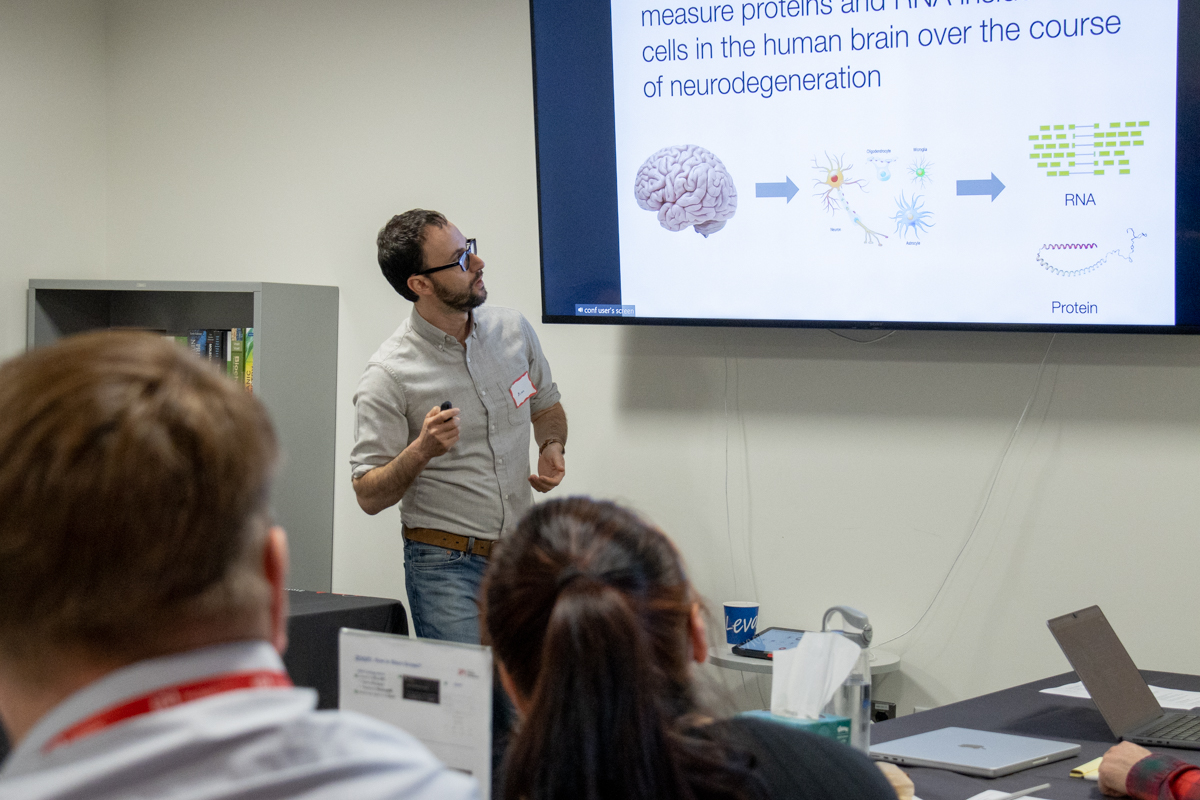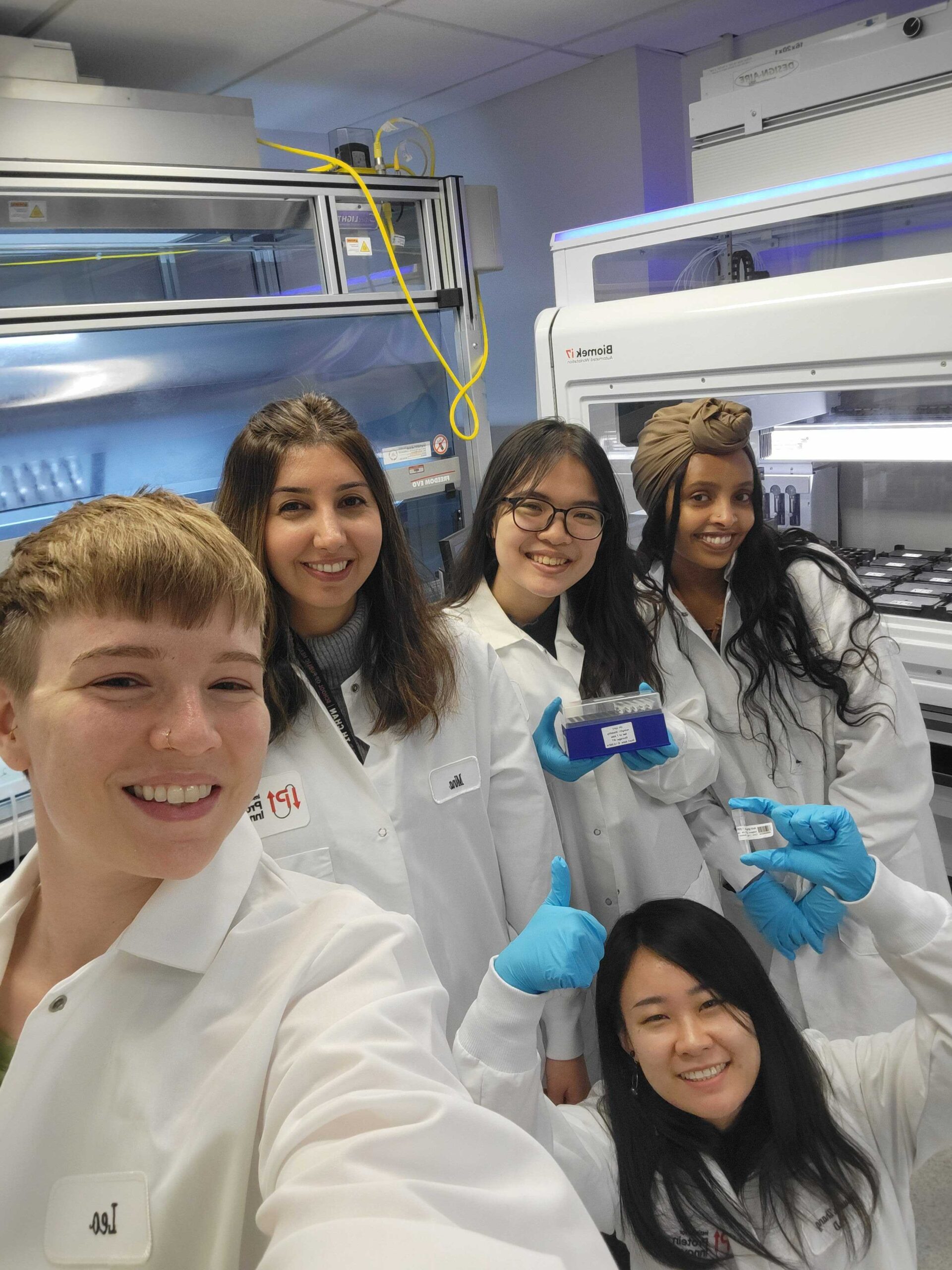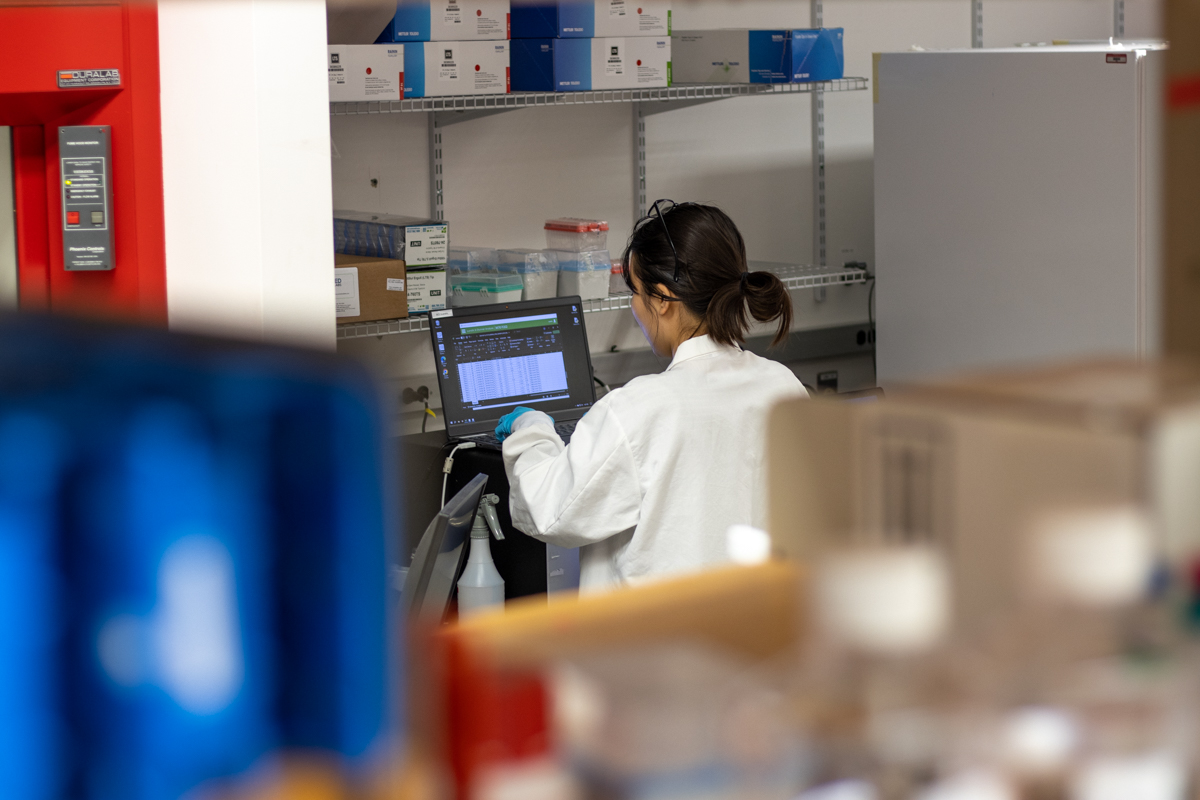In 2024, the Institute for Protein Innovation (IPI) released a set of antibodies targeting nine frequently used epitope tags, including V5, Protein C, DYKDDDDK, Rho, His, Biotin, EE, GCN4 and Strep. Soon after came the plasmids encoding these antibodies, empowering scientists with not only routine protein tools but also the cost-saving ability to make them in-house.
Epitope tags are short amino acid sequences that researchers fuse to a protein’s N- or C-terminus. When paired with an antibody that specifically and reproducibly recognizes the tag, scientists can purify, detect or localize a protein, zero in on its function and probe its hundreds of thousands of potential interactions.
We spoke to IPI Director of Commercialization Mike Walden about the development of these antibodies, the importance of epitope tags and what’s coming next from IPI. Our conversation has been edited for length and clarity.
What is the relevance of epitope tag antibodies in biological research?
This is a technology that’s used widely in protein biochemistry and cellular biology, specifically around visualization, immunoprecipitation and other methods. Epitope tag antibodies get distributed in a wide variety of catalogs, but it can get quite expensive for labs that use epitope tag antibodies often.
How is IPI’s epitope tag antibody collection different from other catalogs?
The way that we’ve created, and are offering, the collection is really differentiated. We looked at what tags are widely used and available — without any specific intellectual property (IP) that restricts use or requires licensing. We made antibodies to those tags and also gave scientists the ability to make their own antibodies: buying the plasmids and doing the expression themselves.

We provide the sequence to the antibodies. And the price point at our distribution partner, Addgene, is different from the rest of the market; it tends to be the least expensive in the market space, so it gives people opportunities to both use the protein and plasmid at a very, very reasonable price.
How does access to a plasmid impact researchers and their experiments?
When someone buys a protein product, it’s a finite stock. They will run out of antibody, and they’ll have to go buy more. At $250 a vial, that’s not prohibitive, but we recognize that it’s also not inexpensive. If you use it every month, then you could be spending a significant amount of money over the course of the year.
The plasmid allows you to essentially have an infinite stock. It does require you to do the protein expression in-house, which is time and effort for your team. But it means that once you buy the plasmid, essentially, you’ve got that for a long period of time.
Tell me more about the intellectual property side of this issue?
If you’re working in an academic setting, your ability to work with technology is relatively unrestricted. You have to acknowledge that there may be a related license or IP, usually under a material transfer agreement, but then you have full access to use that in your research.
When you’re in the commercial setting, typically there’s a requirement for payment or acknowledgment of a license agreement, which can put an extra burden and cost on your operation.
For our epitope tag antibodies, we looked at ones that aren’t restricted, then produced them to make them more easily accessible, consistent with our open science perspective.
How can researchers, academic or commercial, access IPI’s protein resources?
We’ve partnered with Addgene, a mainstay for the community around plasmid and DNA resources. Nobody has worked as hard as Addgene has to put together a repository of plasmids built by researchers across the world and make those available to the community. Now they’re moving into protein resources.
So working with a partner like Addgene — with their nonprofit mission and focus on making these resources widely available to the community — was something that was very important for IPI.
Am I right in thinking that access to not only these tools but also the data behind them is important to IPI?
Exactly, our goal is to provide as much information as we can, not only from our internal characterization and validation team, but also from our external collaborators. They’re giving us insight into what applications an antibody does and doesn’t work well for.
To help facilitate sharing these insights, the Addgene Data Hub is a resource that allows us to make public data not only from IPI researchers, but also from external community members who work with our antibodies. When community members provide data, we help get that into the Data Hub, which gives them both access to a new DOI registration — so they get a publication credit — and it gives every user more information about our tools.

Is this level of interaction and data transparency between researchers and antibody providers common?
I think it’s something people strive for, but it’s really difficult. We have investigators across six countries, in different parts of the world, and we really prioritize engaging them actively through things like symposia and workshops where researchers share detailed nuance on experimental setups, and we can gain perspective on our proteins. We’re not just trying to get the next antibody out there, but doing that in a way where researchers — the experts in these spaces — have a say on what that antibody should look like.
We’re very open to scientists who want to gain access to and test our beta-stage antibodies. Just contact us at antibodies@proteininnovation.org.
2024 was a pretty big year for protein resources at IPI, with the launch of three antibody collections and a number of plasmids. What are our next steps?
The big effort for us next is the launch of two critically important antibody collections in the neurobiological space, protein families involved in axon guidance and synaptic cleft signaling. We think these areas are in need of support, but a lot of the proteins we work with are also important in cellular development, oncology and other spaces. Down the line, we’ll build out collections in these directions as well.
In addition, we want to grow out our epitope tag antibody collection to make even more of this technology available for basic research, and we’ve got some really nice partnerships brewing in this space. I’m really excited for those to play out!
Source: Mike Walden, mike.walden@proteininnovation.org
Writer: Caitlin Faulds, caitlin.faulds@proteininnovation.org
About IPI
The Institute for Protein Innovation is pioneering a new approach to scientific discovery and collaboration. As a nonprofit research institute, we provide the biomedical research community with synthetic antibodies and deep protein expertise, empowering scientists to explore fundamental biological processes and pinpoint new targets for therapeutic development. Our mission is to advance protein science to accelerate research and improve human health. For more information, visit proteininnovation.org or follow us on social media @ipiproteins.


